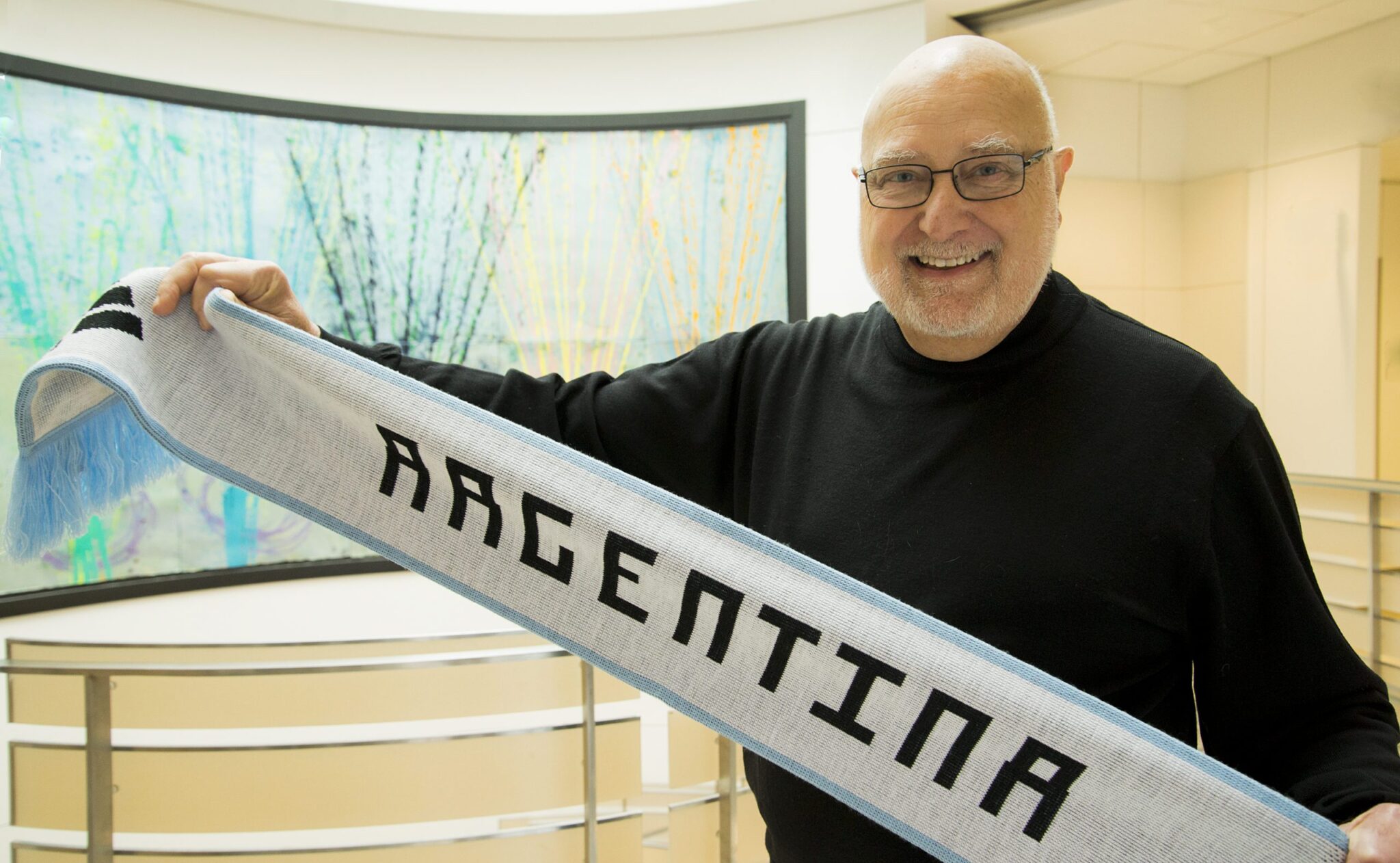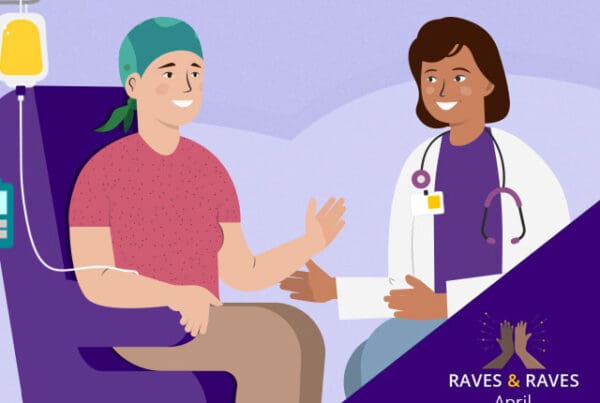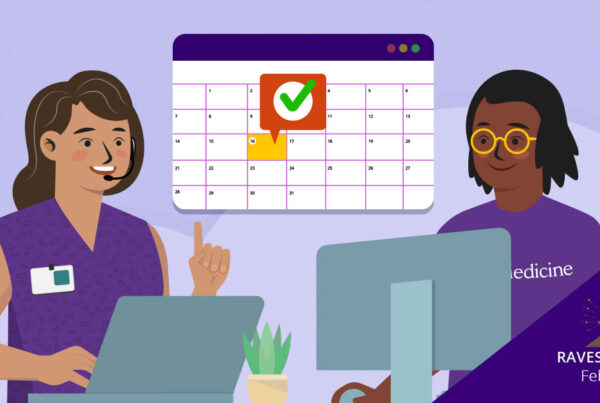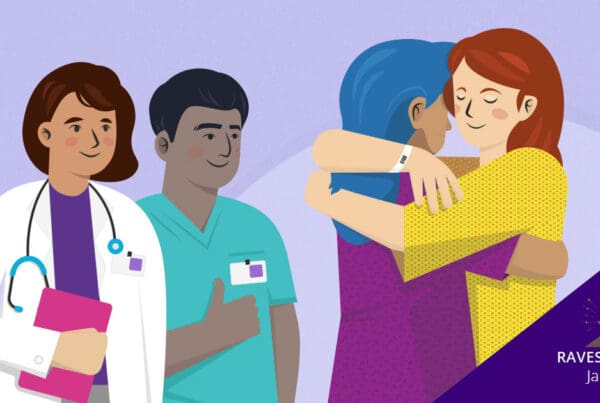At some time in our lives most of us have, or will have, to face adversity. Adversity may manifest itself in different ways: the loss of a job, the loss of a loved one, a serious illness, a physical or mental disability, or other hurdles that fate puts in our lives.
I have come to the realization that rather than simply trying to overcome adversity, we can use adversity to build strength much like the swimmer training for a race builds strength by swimming against the current. It is that strength that will help us face the barriers and obstacles that will inevitably appear in our path. How we rise against those barriers defines our character and helps us move forward.
My first major encounter with adversity was when I realized I had to leave my home country, Argentina. It was there that my sense of community and love for medicine was born through witnessing the impact my parents — both the only doctors in our small agricultural town – made through their compassion and dedicated patient care.
But all that came to a crashing halt. Repetitive military coups starting in the ‘60s and not ending until the 1982 Falklands War created political chaos, disrespect for the rights of others and dissolved democracy. While I tried my best to change the prevailing attitudes around me, I failed to have any impact. This moral crisis led me to leave a country that, until then, I had considered mine and start a completely new life. I was 27 years old and felt the rug had been pulled out from under me.
I arrived in the United States on the morning of August 18th, 1975 with only $92 in my pocket, having sold all my worldly possessions. However, I had my medical education, I had completed my surgical residency, and I spoke English fairly well. Compared with other immigrants, I felt fortunate.
I also was lucky to have found a mentor in the late Dr. David Skinner who I met in 1971 in Argentina. I wrote to him in 1975, confiding my need to leave. He arranged a job for me as an assistant in his laboratory at the University of Chicago Hospital but I had no money to afford a place to stay. On my first night in Chicago, I roamed the halls of the hospital and stumbled onto a sign with an offer of $475 for someone willing to be a research subject. It required me to stay in the research unit of the hospital for 14 days. I was allowed to leave the room, but needed to be available for testing every six hours. Everything in life is relative, but think of my situation then and picture me that evening when I was alone in a large room, with access to free food, nice people looking after my needs, and even a television. I thought I had just won the lottery.

But my path had still diverted from where I would have been had I stayed in Argentina. As Dr. Skinner took me under his wing, he started asking me what I wanted to do. I realized that I was telling him what I thought I could achieve, not necessarily what I wanted. I had always admired academic surgery and had always wanted to be a professor of surgery. He told me if that was my goal, I should get my credentials — which I could only get if I joined a residency program. This meant starting all over again and repeating my surgical training.
Initially, I was devastated by this prospect, but I decided to bite the bullet, to set my aim high, and to give myself a chance. Eventually, I was offered a preliminary position at the University of Chicago in its internship program and then went on to become a categorical resident. By July of 1979, four years after I had arrived in the U.S., I had completed a residency and was ready to take my boards. The rest, as they say, is history.
As I reflect on what helped me overcome these barriers, I’ve made a list of what I call “my principles.” Adhering to these core principles has guided me in surmounting many uphill battles, helped me aid others to overcome their own obstacles, and drives me to be ever more fervent around providing the highest levels of equitable care for all:
- Get an anchor – Decide what gives meaning to your life
- Set your goal – Aim high, follow a direction
- Get a mentor – Do not wait for someone to come to you
- Knock at the door – Seek opportunity
- Take some risks – Do something with passion, defy the odds
- Believe in yourself – Every person is unique, make a difference
- Enjoy the process – Success is not a destination
- Keep a balance – Put important things first
I take these lessons of turning seemingly insurmountable odds into positive outcomes with me in every new challenge — whether in an interaction with patients and colleagues across UW Medicine, dealing with disappointment from the tragedies such as disease that life can bring, or facing the complexities of my work. I share them with you in the hope that you may find them helpful as you navigate through your life and try to convert obstacles into opportunities.


